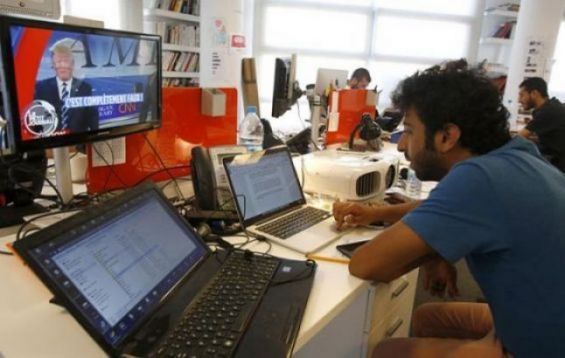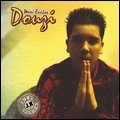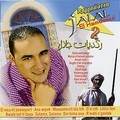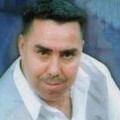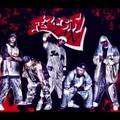Thursday, Moroccan YouTuber Mohamed Sekkaki was sentenced to four years in prison for a video deemed «offensive to the public and to constitutional institutions», a Settat court found.
Meanwhile in Casablanca, Moroccan journalist and activist Omar Radi was officially accused of «offending a judge», through one of his tweets on the sentences handed to Hirak detainees earlier this year.
A few days ago, a Meknes high schooler was sentenced to three years in prison for posting the lyrics of rap song «3acha Cha3b» on Facebook. One of the rappers’ behind said song «Live Long the People» was sentenced to one year in prison for «insulting the police», in a video he posted on social media.
A crackdown on freedom of speech
These sentences go hand in hand with the findings of the Moroccan Association for Human Rights (AMDH) which noted «a wave of trials related to offending sacred figures and things» in the Kingdom. «Morocco ranks 135th in the Reporters Without Borders recent report and we can sense this deterioration everyday», AMDH member Khadija Ryadi told Yabiladi Friday.
«Between 2007 and 2008, we witnessed a similar situation to the one we live today, with a series of arrests linked to opinions. Now, we have noticed that offending institutions can also lead to prison», she added.
The activist believes that «there has been a serious crackdown on freedoms in Morocco since 2014». «As the state has been shutting down several spaces for public debate», social media remain the only «platform for the people to express their dissatisfaction», she added.
To Ryadi, the state is «fearing a second boycott, which showed how easy it is to unite Moroccans. Thus, it is targeting social media so they don’t play this role». As for the prosecution of Moroccan journalist Omar Radi, the activist claims that what happened to him is a «form of revenge». «He is a professional journalist who led investigations that affect the interests of Makhzen (deep state), targeting the relationship between money and power», she concluded.
Damaging the country’s image
President of the Moroccan Organization of Human Rights (OMDH) Boubker Largo, on the other hand, believes that these cases are different and can’t be put in one category. «There is a huge difference between defamation, insults and hatred, which is punished by the law in all countries, and opinion», he argued.
Radi «voiced his opinion which remains an opinion», Largo said. «This case has been forgotten for nine months and we do not know why it was unearthed now. It damages our country’s reputation and our freedom of speech», he added.
For his part, Adil Tchikito, president of the Moroccan League for Human Rights (LMDH), believes that «Morocco is witnessing a state of regression and a return to the past». «This campaign is led by unknown parties and its aim is to suppress all human rights defenders in Morocco», he denounced.





 chargement...
chargement...




